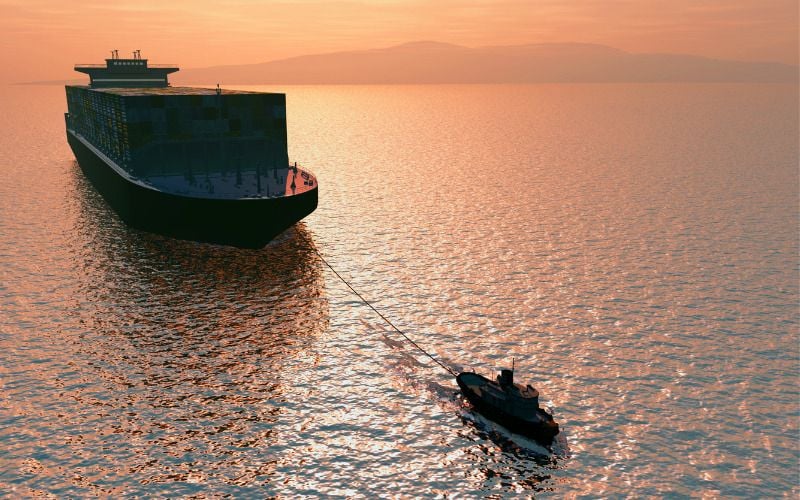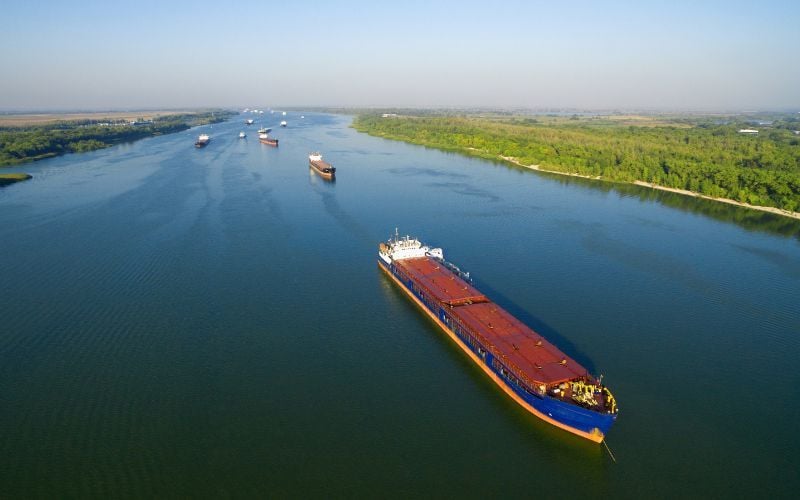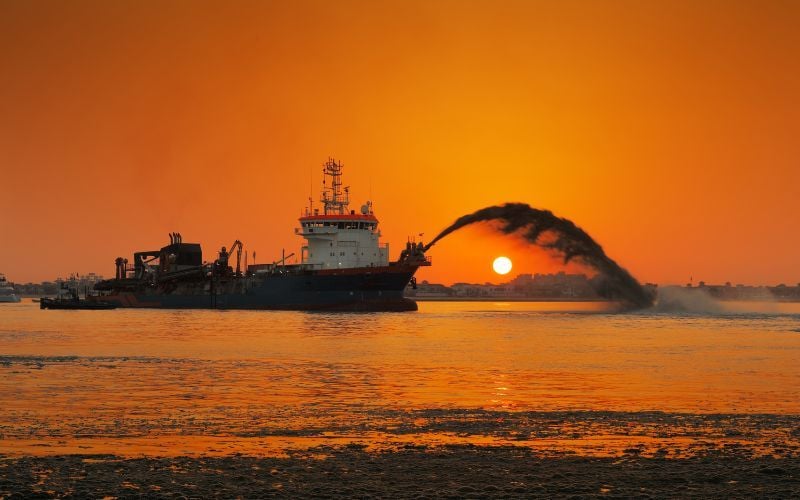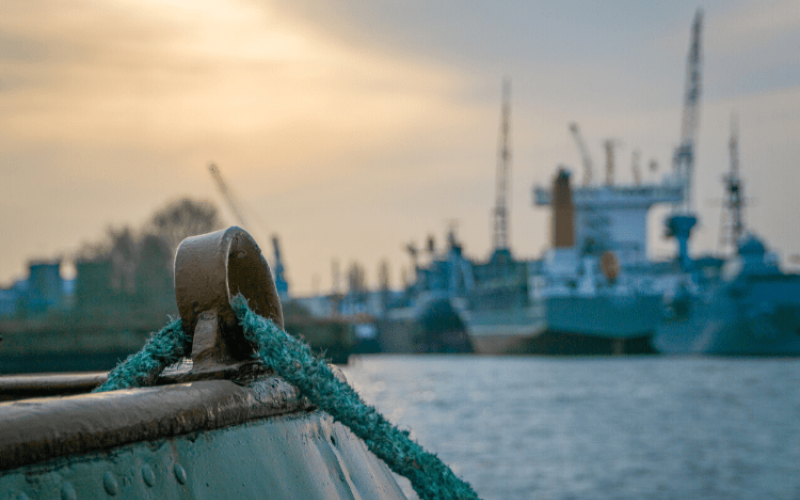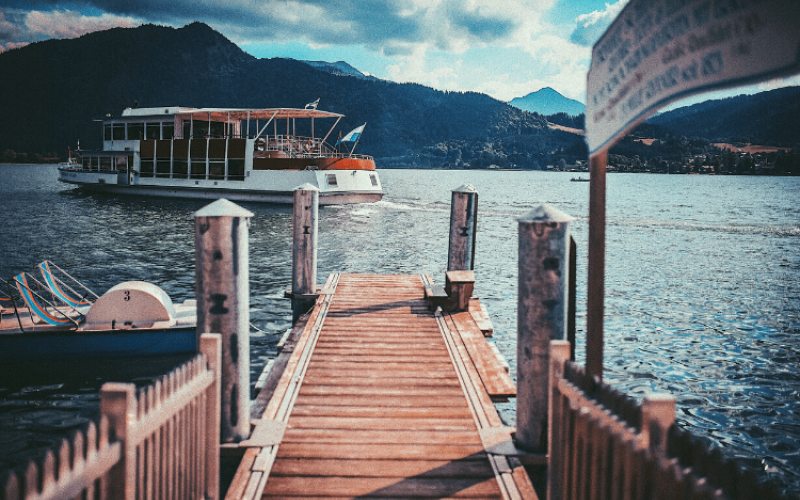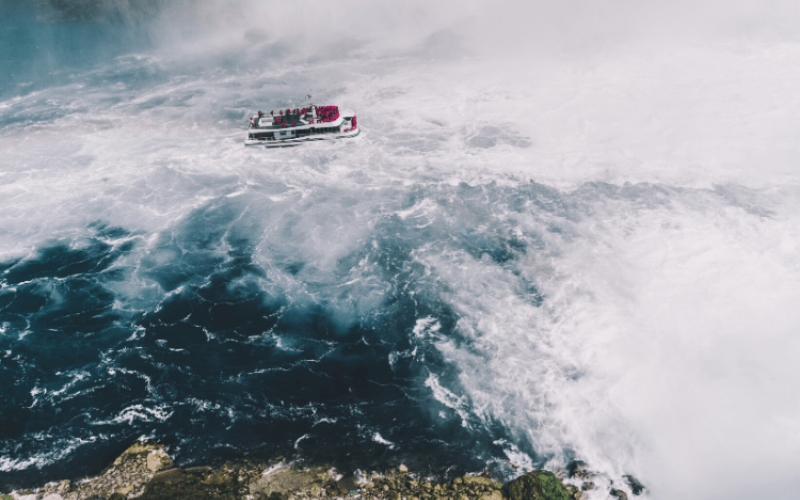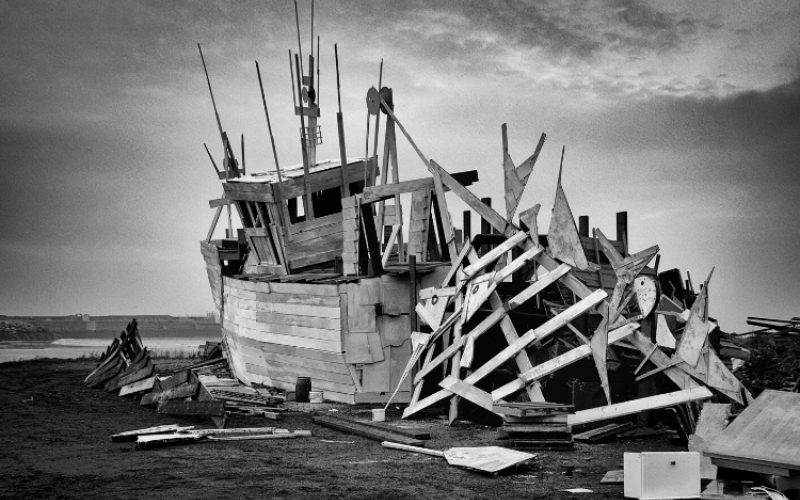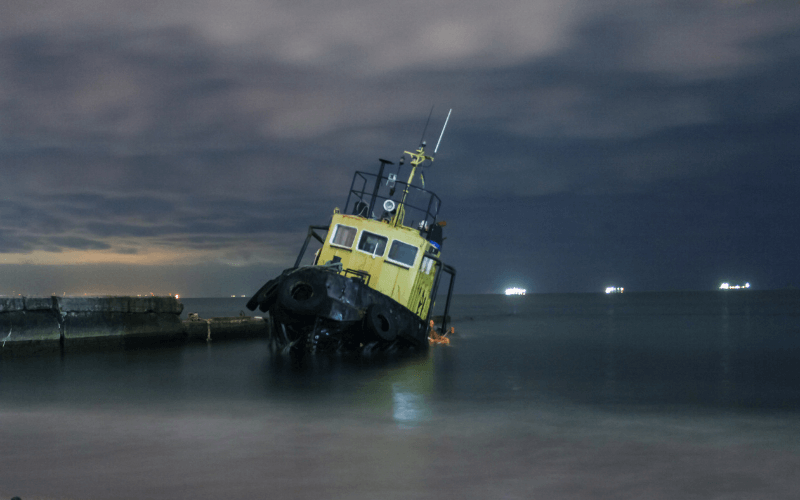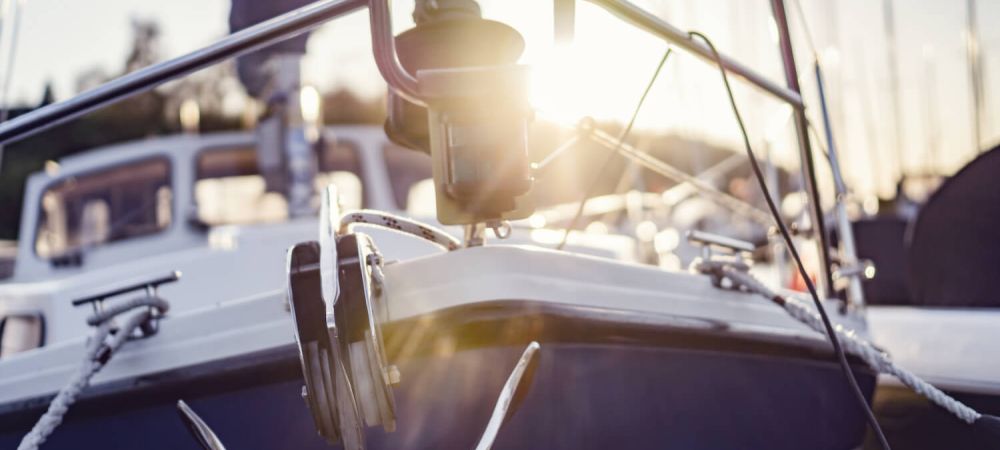
Admiralty Law
Fighting for your rights in Maryland, North Carolina, and Virginia.
Admiralty law, also known as maritime law, governs contracts, torts, injuries, and offenses that take place on navigable waters of the United States. Traditionally, admiralty law has focused on issues on the high seas but has expanded over time to cover any body of water, including lakes and rivers.
Admiralty law comprises two key categories of law: laws created as federal statutes and “common law” developed over time by the courts through major court decisions (also known as general maritime law).
Federal district courts usually hear all admiralty cases, but state courts may also hear cases that invoke the Saving to Suitors Clause. Courts typically apply special rules and legal principles to admiralty cases.
History of American Admiralty Law
American maritime activity was mostly self-regulated in the early to mid-1600s. Smaller maritime issues were settled at court in local jurisdictions before the establishment of courts specializing in admiralty cases. These admiralty courts dealt primarily with commercial matters and the judges presiding over them were appointed by the local townspeople.
The admiralty court system changed from the mid-1600s to the 1770s when the British parliament passed the Navigation Acts of 1651, which granted the British government more power over American maritime issues.
It wasn’t long before the admiralty courts became unpopular due to confusing technical issues with the legal system. It wasn’t clear whether these courts had jurisdiction over creeks and bays, or whether or not there was a clear method of separating the jurisdictions and procedures of the admiralty courts and common law jurisdictions. As a result, the admiralty courts became ineffective and — in the eyes of colonists — perceived as unjust.
When the American Revolution began, the British court system effectively collapsed in America. The Continental Congress debated whether or not admiralty jurisdiction should be returned to the regular court system or if each state should have its own admiralty court. State admiralty courts were established from 1776 onwards, the first of which were in East Coast states, including North Carolina and Virginia. Eventually, when the American Constitution was formed in 1789, federal courts were given admiralty jurisdiction.
Admiralty Law in Modern Times
Admiralty law in the United States combines modern legislation, centuries-old doctrines, common law, private contracts, international treaties and more into a set of interdependent legal rules. Even in coastal cities, most personal injury lawyers are not proficient in admiralty law and won’t accept maritime cases. That’s why it’s important to speak to a qualified maritime attorney who understands the complexities of admiralty law if you’ve been injured while employed in a maritime occupation.
Every case dealing with admiralty law is different and the specific laws that will apply to your case will depend on the details surrounding it, including the details of your employment, how your accident occurred, and who contributed to it.
Since the passing of the Judiciary Act in 1789, several federal maritime statutes have been introduced:
- Jones Act – Also known as the Merchant Marine Act of 1920, this law regulates maritime commerce, the rights of crew members, and the maintenance and other requirements of shipping operations. Among the provisions of the Jones Act, the law provides for compensation for seamen who are injured due to the negligence of a shipowner, or due to an unseaworthy vessel.
- Longshore and Harbor Workers’ Compensation Act – A federal law that requires maritime employers to provide workers’ compensation to employees who become disabled as a result of injuries on the job on the navigable waters of the United States, or in workplaces including piers, docks, terminals, wharves, and areas used in the loading and unloading of vessels.
- Limitation of Liability Act – In cases involving maritime personal injury or wrongful death claims, this Act allows shipowners to file a petition for Limitation of Liability with the court to restrict the liability owed to injured workers.
- Savings to Suitors Clause – Seamen who are injured while working at sea have a legal right to seek damages under the Jones Act. While maritime claims generally fall to federal courts, injured workers can choose to file their claim in a state court under the Savings to Suitors Clause in admiralty law.
- Death on the High Seas Act – Known as the DOHSA, this Act provides financial compensation to the families of seamen whose death occurred died while working at sea.
- Admiralty Jurisdiction Extension Act – This statute extends admiralty jurisdiction inland to include all cases involving injury or damage that is caused by a vessel on land, such as to bridges and piers or to people on them.
- Public Vessels Act – This Act enables government employees who’ve been injured while working aboard a government-owned vessel to pursue legal action against the government.
Modern admiralty law also provides for Maintenance and Cure, which is recognized as a basic right of all Jones Act seamen. If you’ve suffered a work-related injury, your employer must pay your general living expenses (maintenance) to replace lost wages, as well as all medical expenses (cure).
Do I Need an Admiralty Law Attorney?
Whether you’ve been injured in a vehicle accident at a marine terminal in Maryland, in a commercial fishing accident off the coast of North Carolina, or on a tugboat in the Chesapeake Bay, it’s important that you work with a maritime attorney who is knowledgeable and experienced in admiralty law. Admiralty attorneys should be familiar with the many rules and statutes that constitute admiralty law in the United States.
When work-related injuries occur on the water, or in workplaces involving maritime activities, admiralty law often applies special legal rules. For example, injury claims on a fishing boat or cargo ship are covered by federal law and international treaties, which would not apply to similar accidents on land.
The admiralty attorneys at Montagna Maritime Law are well-versed in all aspects of admiralty law and can advise you of your rights under the Jones Act, the Longshore and Harbor Workers’ Compensation Act, and general maritime law. If you or a loved one has been injured in a workplace maritime accident, get in touch for your free case evaluation to explore your legal options.
Free and Confidential Evaluation of Your Case
If you would like to find out more about your legal rights after suffering an injury at work, take advantage of our free consultation. You can learn more about what benefits you may be entitled to and how our experienced maritime attorneys can help. We handle all our cases on a no win, no fee basis, which means you will pay attorney fees only if we are successful in getting you compensation.
"*" indicates required fields



